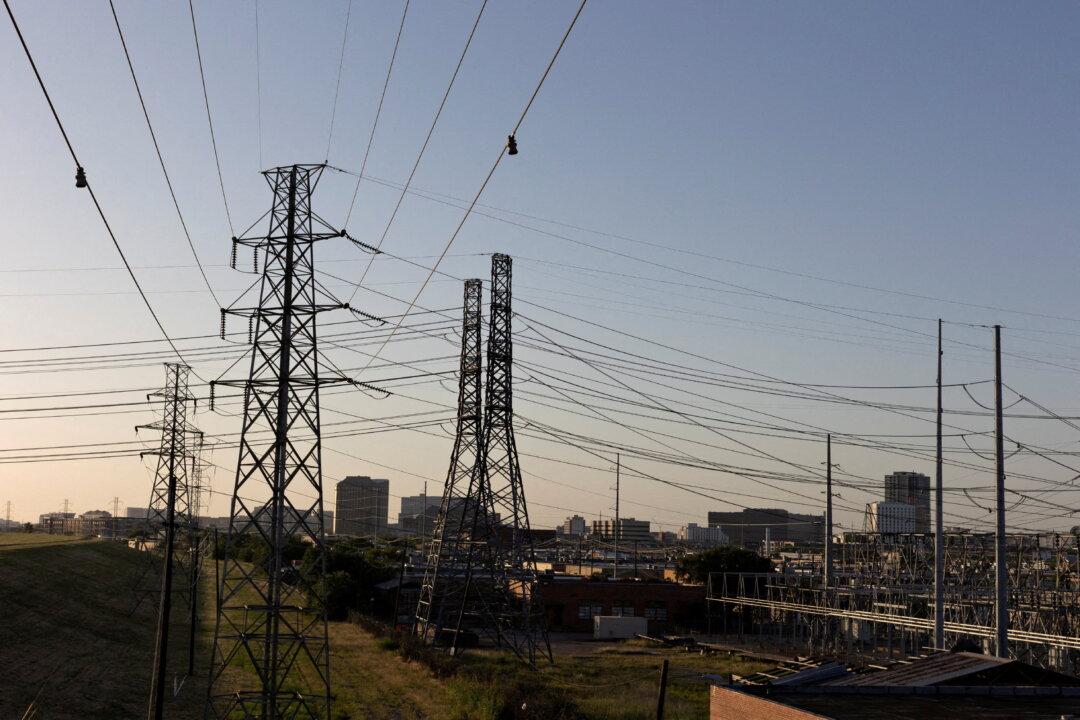As Texas grapples with high temperatures exceeding 100 degrees Fahrenheit, electricity demand in the state has hit a new record, putting the power grid under pressure.
An “Excessive Heat Warning” is in effect in Texas until 8:00 p.m. on Wednesday, according to the National Weather Service (NWS) Fort Worth/Dallas. In a June 24 tweet, meteorologist Ben Noll predicted that “large parts of Texas will be hotter than 99 percent of the planet during the peak of the heatwave” on Wednesday. For Thursday, the NWS has issued a heat advisory that will be applicable for a good portion of Texas, mostly the Western regions. “Triple-digit high temperatures can be expected, and heat indices will climb into the 105 to 110 degree range within the advisory area Thursday afternoon.”





